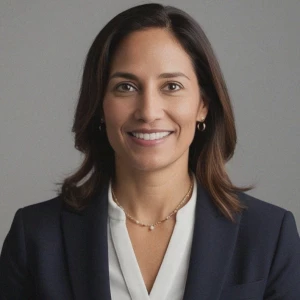Hi all,
I come from an engineering background but have become increasingly interested in transitioning into finance; specifically roles in FP&A or corporate development. I’m teaching myself the basics through Wall Street Prep and reading books like “Investment Banking” by Rosenbaum.
For someone without a formal business degree, what are the most essential topics to master for interviews? Also, how can I signal my interest and preparedness on my CV or in cover letters?
Thanks in advance for your guidance. I really appreciate this community!







